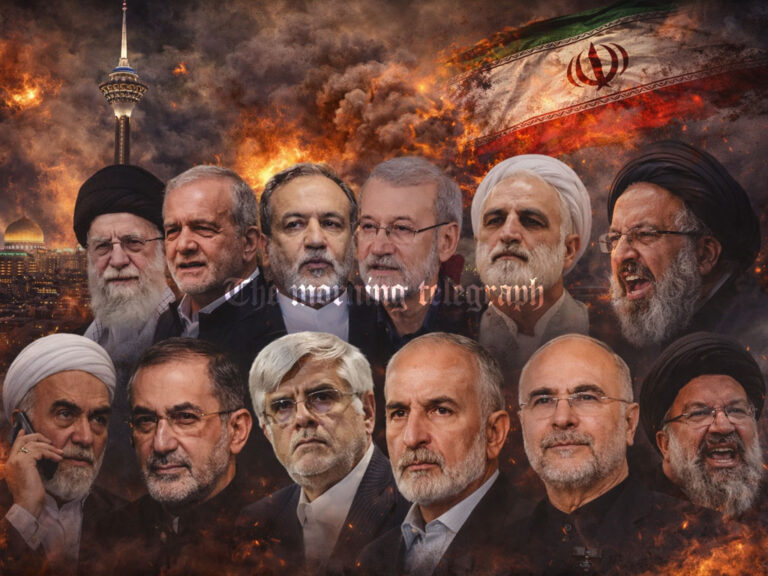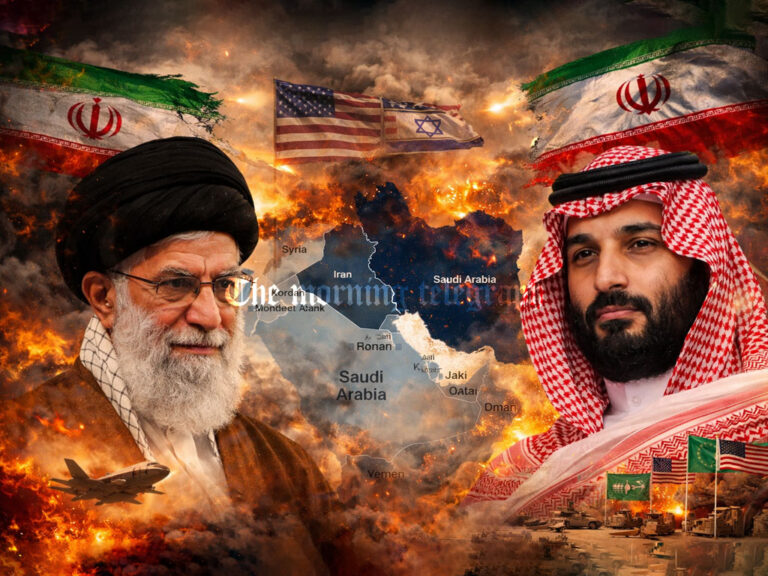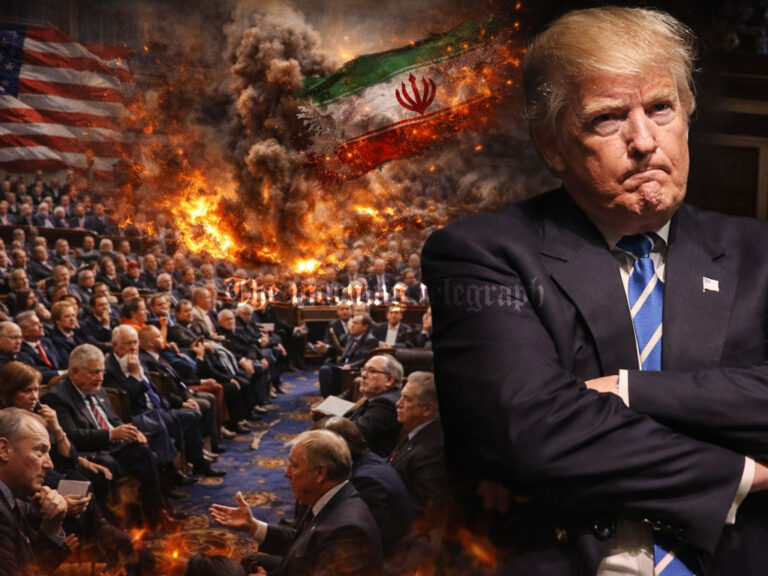
SRINAGAR, India — Indian-controlled Kashmir is preparing for its first regional election in a decade, which will allow residents to elect a local assembly and regain a degree of self-governance after a prolonged period of direct rule from New Delhi. The election is scheduled to unfold in three phases between September 18 and October 1, with results set to be announced on October 4.
Context of the Election
The upcoming election is a significant development in a region that has been on edge since the Indian government revoked Kashmir’s special status in August 2019. The move ended the region’s semi-autonomy and split it into two federally controlled territories: Jammu-Kashmir and Ladakh. This action removed the region’s flag, criminal code, constitution, and protections related to land and employment.
Kashmir’s status has been contested since the end of British colonial rule in 1947, when the princely state was left unresolved. Pakistan has long advocated for a referendum to determine the region’s future, while India maintains that the conflict is fueled by Pakistan-sponsored terrorism—a claim Pakistan denies.
Current Status and Electoral Process
Since 2018, Indian-administered Kashmir has been without a local government. That year, the Bharatiya Janata Party (BJP) ended its support for the People’s Democratic Party (PDP), causing the local assembly to dissolve. In 2019, the Indian government’s revocation of Kashmir’s special status led to the region being governed directly by New Delhi, with significant administrative changes made without public input.
The upcoming election will restore a local assembly, but its powers will be limited. The new assembly will only have nominal control over education and culture, while the federal government will retain legislative authority. The region will continue to be classified as a “Union Territory,” with most decisions still under the purview of India’s parliament.
Political Dynamics
The election campaign has seen an alliance formed between the Congress party and the National Conference (NC), Kashmir’s largest pro-India political party. In contrast, the BJP, which has a strong presence in Jammu, is weaker in the Kashmir Valley, the heart of anti-India sentiment.
Despite the return of a local assembly, many Kashmiris are skeptical of the election’s impact. Some view it as a limited measure that does not address deeper grievances, while others hope it will provide an avenue to challenge the central government’s policies.
Pro-India parties like the NC and the PDP are using the election to contest the changes imposed by New Delhi and advocate for the restoration of the region’s semi-autonomy. Many leaders from these parties, who have faced legal challenges and imprisonment since 2019, see the election as an opportunity to reassert their influence.
Public Sentiment and Historical Context
Public sentiment towards the election is mixed. Many residents are indifferent or skeptical, seeing it as an insufficient response to their broader concerns. Historically, elections in Indian-held Kashmir have been fraught with controversy, with accusations of rigging and calls for boycotts from separatist leaders who reject India’s sovereignty over the region.
The upcoming election, while marking a return to some form of local governance, is unlikely to resolve the underlying issues or shift the broader dynamics of the conflict in Kashmir.




